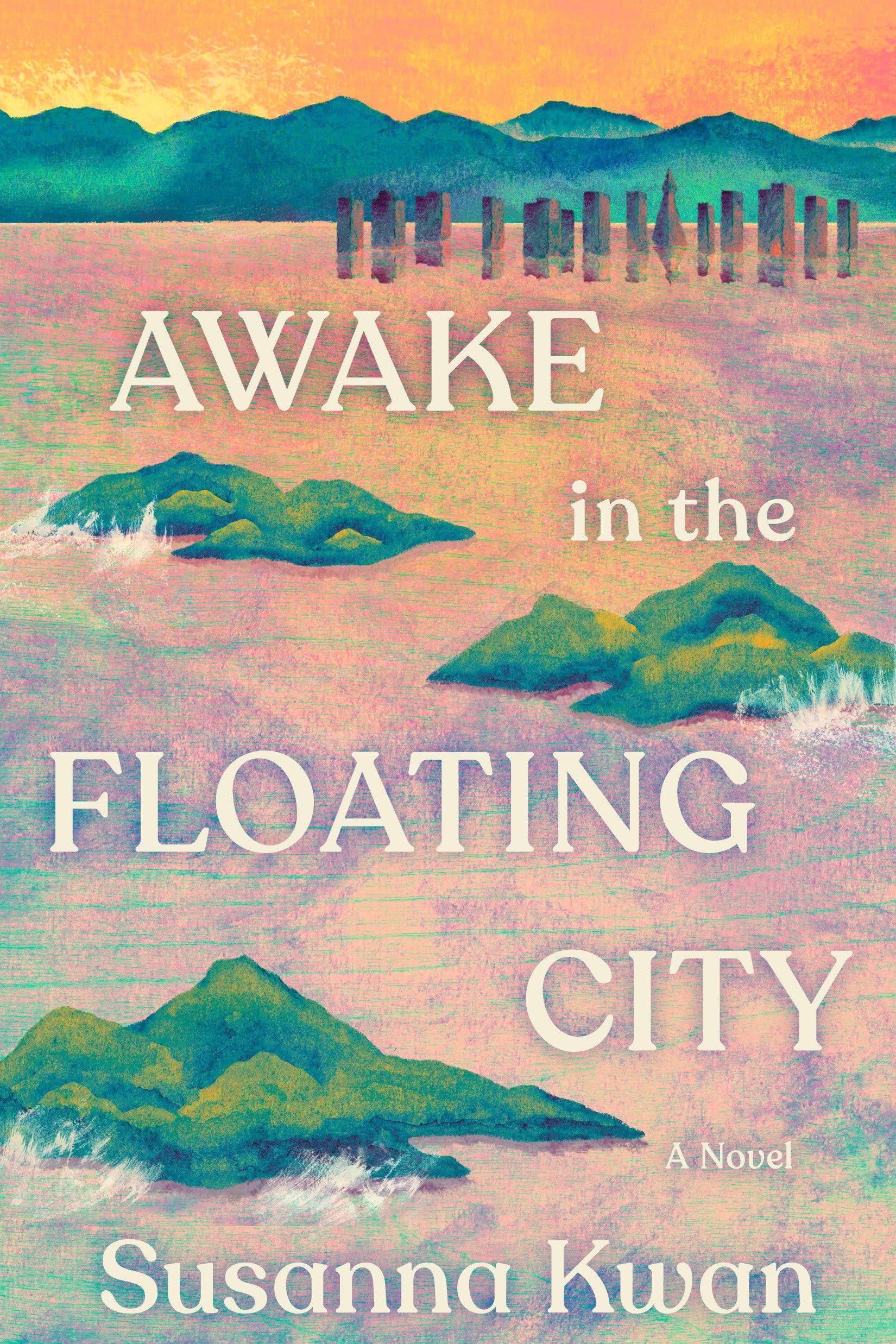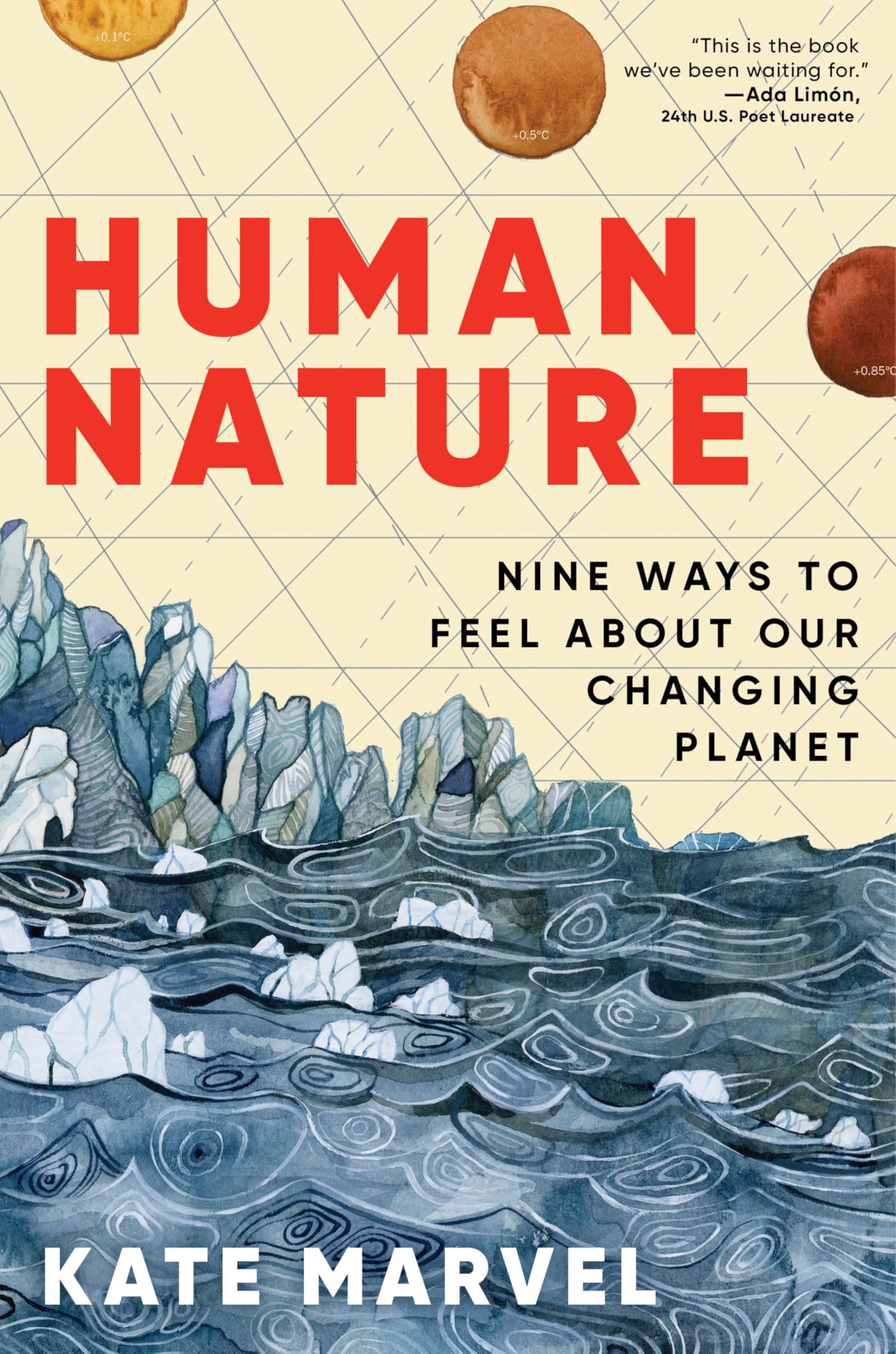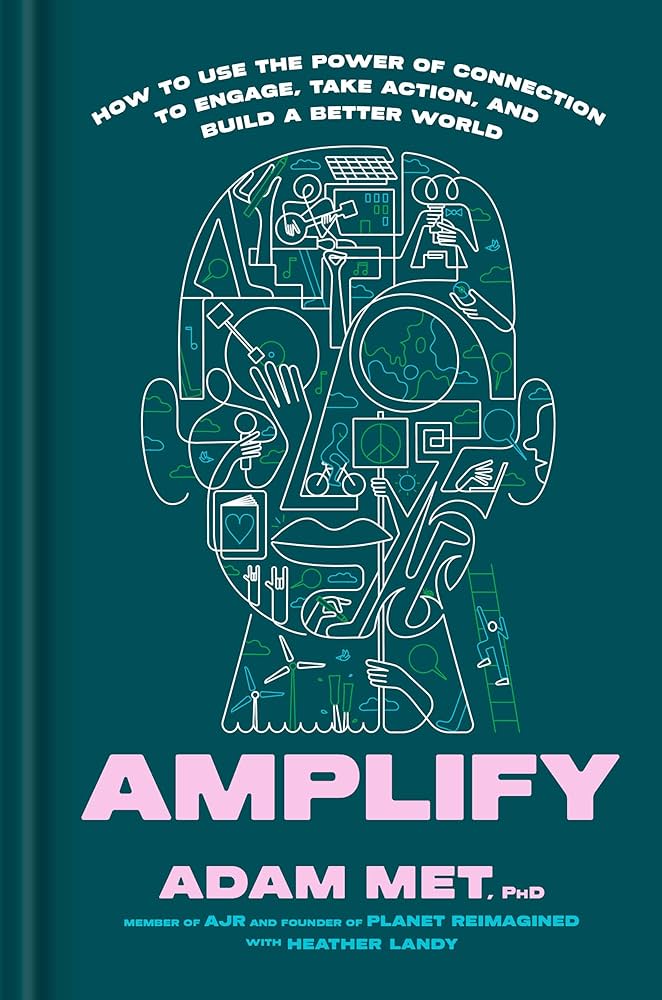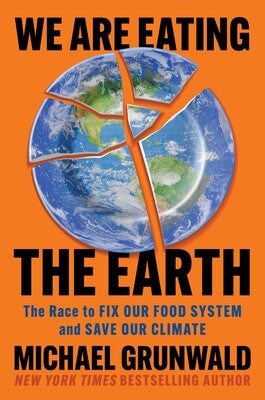Summer has arrived, and with the longer, sunnier days comes a chance to slow down, reflect, and lose yourself in a good book. If you’re searching for some pool-, lake-, or oceanside reading that can capture your mind but also lend you a little perspective about our climate-changing world, we’ve got you covered. These five recommendations (some nonfiction, some fiction) explore everything from the communities we build to how we might handle what’s ahead with grace and humanity. (Extra credit if you can find ’em at the library or secondhand—or share a copy with a friend or two.)
Awake in the Floating City by Susanna Kwan

This debut novel from artist Susanna Kwan takes place in a post-apocalyptic San Francisco, which has largely been abandoned after sinking below sea level. Most residents have fled the seasonless, rain-drenched city, but protagonist Bo remains in one of the few livable homes in the uppermost levels of abandoned high rises. When she befriends a 130-year-old neighbor who watched the city devolve throughout the 21st century, Bo discovers a new gift for unfolding her history and reopens her love for art. She finds time to create, even amidst seemingly unending crisis.
Human Nature by Kate Marvel

We all feel it: The intense, all-encompassing dread that comes with watching our planet rapidly change, but also the tinge of hope that we can do better. No one gets this more than Kate Marvel, a climate scientist who spends her days modeling various world-ending scenarios like giant volcanic eruptions and the dissolution of the ozone layer. What all that apocalyptic science doesn’t show us, she says, is how we should feel about our rapidly changing world. Framing each chapter in Human Nature around a specific feeling—from anger and grief to wonder and love—Marvel weaves together the science of climate change and emotionality of living in a shifting world.
Amplify by Adam Met

Adam Met is a pop musician, Columbia University professor, and founder of nonprofit Planet Reimagined. Drawing on his deep rolodex, this book lays out the tools that help make change, “I wrote this book to share everything I know about building a great fan base,” he told People Magazine earlier this year. “These various areas of my life all inspire different strategies that can help build movements that connect with and mobilize people in really powerful ways.” Featuring interviews with musicians, activists, politicians, and artists, this book is for anyone who wants to rally their own community to the climate cause.
The Unmapping by Denise S. Robbins

The premise of Denise S. Robbins’ debut novel is a practice in chaos: At 4 a.m. one morning, every building in New York City is somehow transported to another place in the city. Millions suddenly find themselves in random boroughs; the Empire State Building has jumped from Midtown to Staten Island. This rapid reshuffling keeps happening for months, turning the Big Apple into “a jigsaw puzzle where all the pieces are thrown in the air and reassembled every morning,” writes reviewer Sam Matey. It’s a potent story and one with clear connections to our climate crisis: How do we exist in a world where maps lose their meaning and we don’t have any clue what tomorrow will bring?
We Are Eating the Earth by Michael Grunwald

Growing enough to feed the world poses a major climate threat, but unlike fossil fuels, eating isn’t something humanity can just quit. In his latest book, journalist Michael Grunwald lays out how we can keep bellies full without baking the planet. It all starts with a hard look at how we handle land and work to check the encroachment of farmland into natural ecosystems. “Humanity’s dominion over the Earth isn’t really about the spread of cities and towns, highways and driveways, industry and commerce. It’s about farming,” he writes. What’s the way forward? Revolution: New crops, new polices, and a new mindset that does what’s best for every acre we have left.

